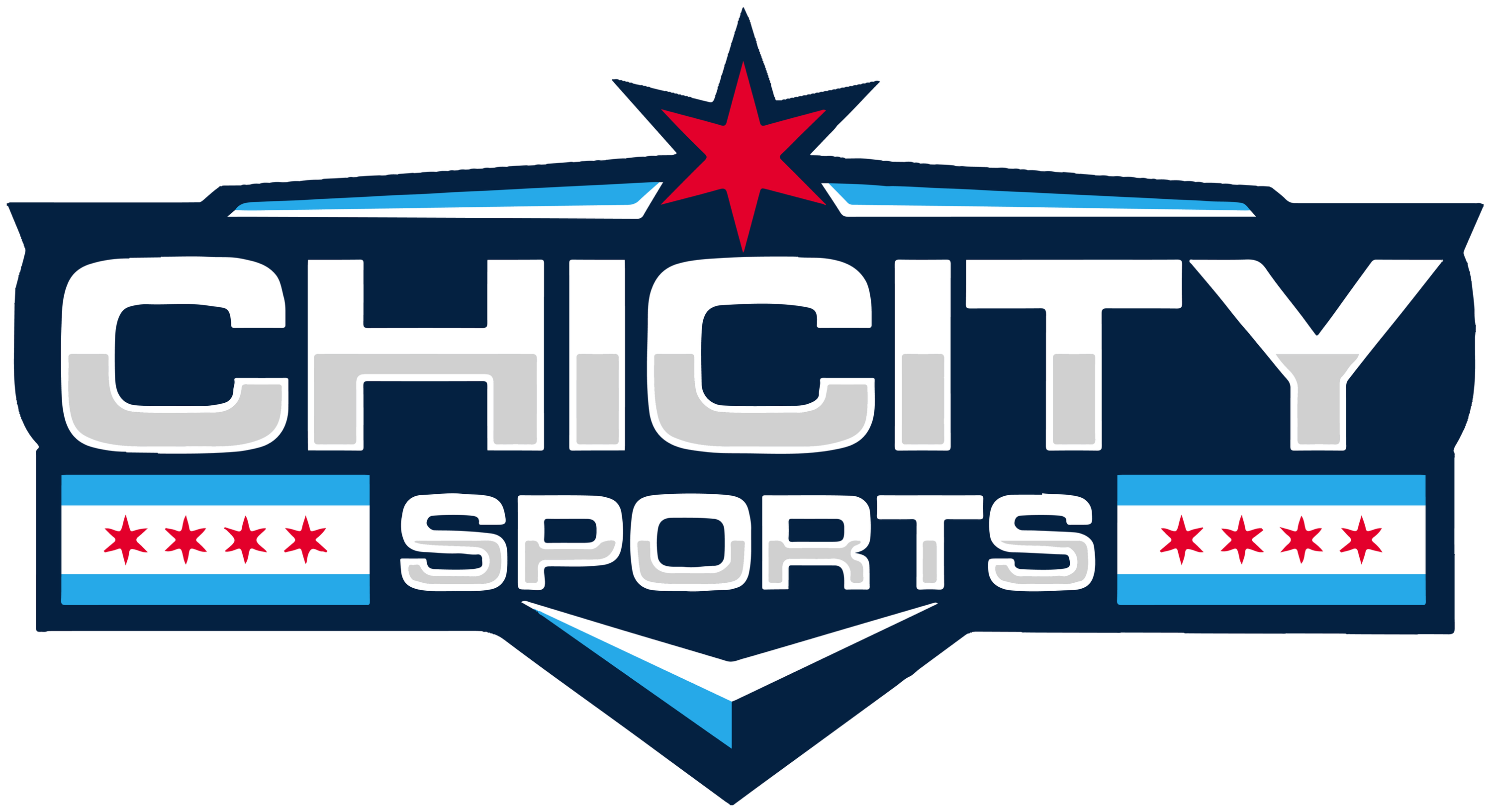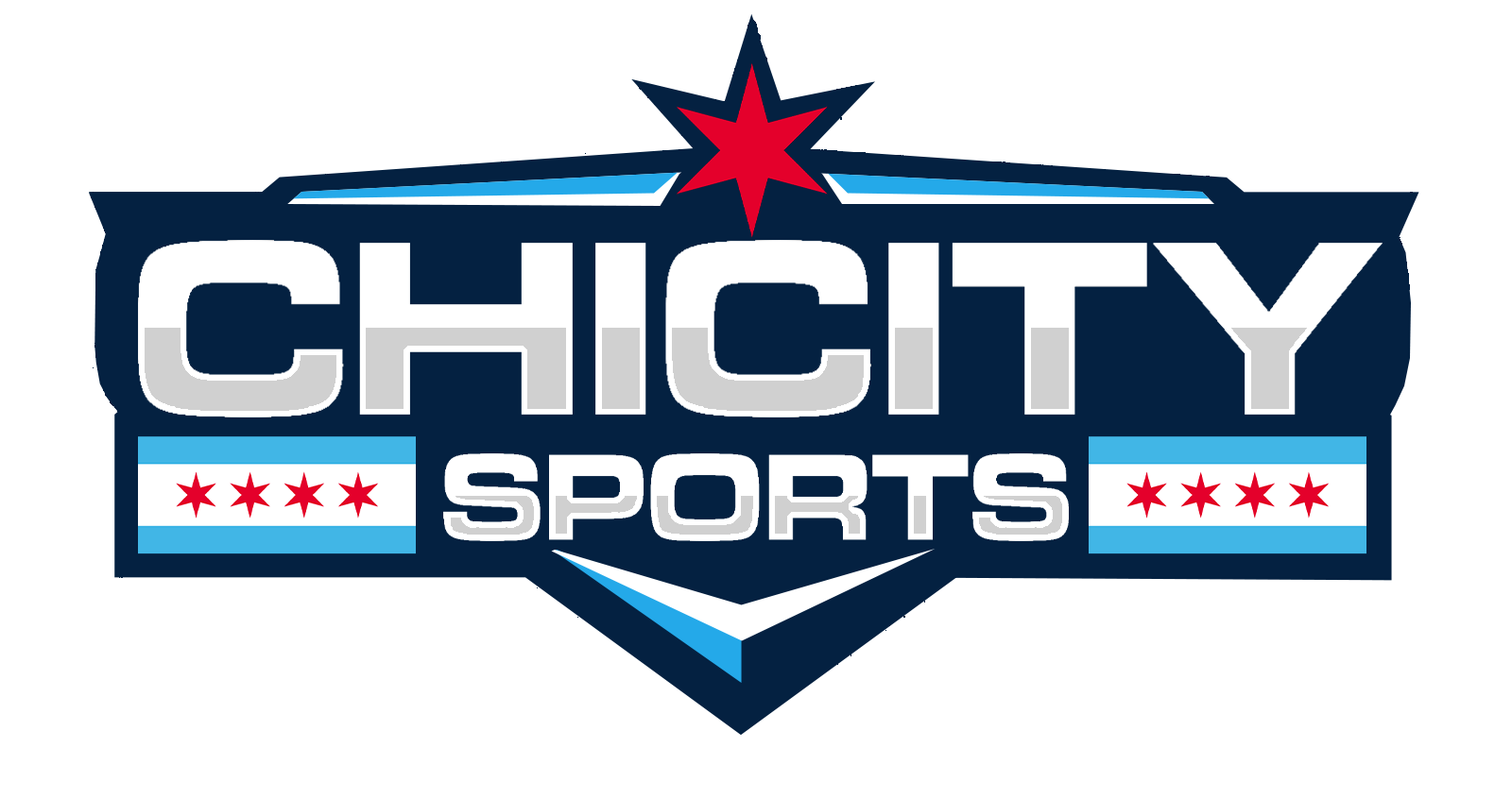Many athletes in Chicago’s sports scene are embracing dual citizenship, a trend that’s reshaping career paths and team dynamics. By holding dual citizenship, athletes can explore international opportunities, compete on different stages, and connect with broader communities. This flexibility expands their professional trajectory and enriches the sports culture in our city.
Dual citizenship presents athletes with the unusual chance to represent their birth country or a different nation. It’s not just about personal gains; it’s about bringing new strategies and styles into the sports world. Our teams gain diverse insights, which can lead to more competitive play and richer team experiences.
The decision to pursue dual citizenship isn’t always straightforward. Athletes must weigh the benefits against potential challenges, such as the cultural adaptation or shifting nationality allegiances. Regardless, its impact on Chicago sports is significant, fostering a more inclusive and globalized athletic environment.
The Concept of Dual Citizenship
Dual citizenship allows individuals to be citizens of two countries at the same time, offering them rights and responsibilities in both nations. It’s an intriguing concept that impacts legal, personal, and financial aspects of life.
Legal Foundations of Dual Citizenship
Dual citizenship comes under the legal frameworks of both participating nations. Each country has its own laws and regulations about how dual citizenship works. For instance, in the U.S., dual citizenship is allowed but not explicitly encouraged.
Countries recognize dual citizenship based on their historical ties, diplomatic policies, or special agreements. People often acquire it through birth, marriage, or naturalization pathways. Different countries may require allegiance oaths, residency periods, or dual passports as part of their legal processes.
To better understand these international pathways and their legal nuances, many families turn to Global Residence Index for additional information, especially when planning long-term moves or exploring athletic careers abroad.
Benefits and Challenges of Holding Dual Citizenship
Holding dual citizenship comes with a range of benefits. It can provide wider travel options, access to social services in both countries, and the ability to live and work in either nation without the need for additional visas. People also get voting rights and can participate in each country’s political processes. For those considering second citizenship for its flexibility and perks, it’s worth taking a moment to discover Turkey’s approach to investment-based citizenship, which highlights how countries are leveraging citizenship as part of global mobility and economic development strategies.
On the flip side, dual citizens may face tax obligations in both countries, leading to complex financial situations. They must often balance the political and legal expectations of two governments. In sports, dual citizenship can allow athletes to choose which country to represent, but they must navigate varying eligibility rules and cultural expectations.
Historical Context of Dual Citizenship in Sports
Dual citizenship in sports has a rich history. It has enabled athletes to represent different countries in international competitions. These athletes opened doors for others and raised questions about nationality and identity.
Notable Dual Citizens in Sports History
Many athletes with dual citizenship have made a significant impact. Zola Budd from South Africa and the UK competed in the 1984 Olympics during the apartheid era. Her dual nationality allowed her to bypass the Olympic ban on South Africa.
Another example is Eusebio, a football star born in Mozambique. Holding both Portuguese and Mozambican citizenship, he played for Portugal and became an international icon.
These stories highlight how athletes with dual citizenship can leave a lasting mark on sports history.
Influence on International Competitions
Dual citizenship has influenced international competitions by changing team dynamics. Athletes with this status can choose which nation to represent, affecting team compositions and tactical strategies.
During the Olympics, nationality swapping often occurs, allowing athletes more opportunities. This practice stems from athletes having dual citizenship, enabling them to compete for a different country if one team is crowded with talent.
As a result, dual citizenship adds complexity to international competitions, making them more diverse and competitive.
Dual Citizenship in the NBA
Dual citizenship plays a key role in the NBA, affecting how players choose teams and compete internationally. Notably, it offers both advantages and challenges related to eligibility and recruitment.
Impact on Player Eligibility and Recruitment
Dual citizenship offers NBA players unique opportunities, especially in international competitions. Players with dual citizenship, like Karl-Anthony Towns, don’t have to stick to representing only the country of their birth. They can play for either nation, increasing their chances to compete globally.
From a recruitment angle, NBA teams often view players with dual citizenship as valuable assets. The flexibility to attract international fans and represent multiple nationalities is a big plus. However, these players sometimes face challenges, like choosing which country to represent, impacting their careers and market value.
Case Studies of NBA Players with Dual Citizenship
Let’s take a closer look at some NBA players who have dual citizenship. Karl-Anthony Towns is a standout example. Born in the U.S., he represents the Dominican Republic in international games, illustrating dual citizenship’s potential in expanding a player’s reach and fan base.
Kyrie Irving is another case, with American and Australian citizenship. His ties to multiple nations reflect the complexity of personal and professional identity in sports. These players provide intriguing examples of how dual citizenship influences career decisions and international representation in the NBA.
Chicago Sports and Dual Citizenship
Dual citizenship influences many aspects of Chicago sports. Policies in the city impact athletes who hold citizenship in more than one country. These athletes also bring unique skills and benefits to their teams and communities. Let’s explore how dual citizenship shapes sports here.
Local Policies on Athletes with Dual Citizenship
In Chicago, sports organizations consider citizenship policies when recruiting athletes. Some leagues might have limits on the number of non-U.S. players on a team, which can affect dual citizens. However, many leagues recognize the valuable skills dual citizens bring.
Our city embraces diversity. Sports programs work hard to give fair opportunities to all talent, regardless of nationality. Chicago schools and professional teams often navigate complex visa and residency rules to enlist talented athletes.
Transparent policies ensure fair play. Teams collaborate with local governments to clarify these guidelines. Through understanding and cooperation, we support athletes, helping them achieve success both on and off the field.
Contribution of Dual Citizens to Chicago Sports
Dual citizens contribute more than just athletic skills. These athletes often serve as cultural ambassadors, enriching sports programs with their diverse backgrounds. Their presence strengthens community connections and boosts team dynamics, offering new perspectives.
Many dual citizens play key roles in Chicago sports. They bring lessons from other countries, enhancing training methods and strategies. Fans often relate to them, fostering broader community support. This cultural exchange boosts our city’s reputation as a vibrant sports hub.
Inward growth of sports culture benefits us all. As dual citizens bridge gaps between nations, we learn, evolve, and celebrate the rich tapestry they bring to Chicago sports.
Charlotte Hornets: A Case Study
In our exploration of dual citizenship among professional athletes, the Charlotte Hornets offer a fascinating example of how this status can affect team dynamics and performance. By examining the Hornets’ roster, we can see the potential influence dual citizenship has on both individual players and the team as a whole.
Dual Citizenship Among the Hornets Players
Some players on the Charlotte Hornets possess dual citizenship. This aspect often serves as an advantage, providing them the ability to compete for different national teams. Having the option to play internationally can broaden their perspectives, enhance their skills, and introduce them to varied styles of play.
With these experiences, players enrich their game, contributing distinct skills to the Hornets. We see how players like LaMelo Ball bring a global dimension to the team, shaped by diverse influences and opportunities. This diversity can lead to unique challenges, such as navigating cross-border commitments during international tournaments.
Impact on Team Dynamics and Performance
When we analyze team dynamics, dual citizenship can foster a multicultural environment that benefits the Charlotte Hornets. Players bring different backgrounds and experiences, fostering understanding and collaboration. This diversity can drive the team to new heights as they share a blend of strategies and skills.
However, it may also lead to scheduling difficulties since players might have obligations with national teams. Balancing these responsibilities can be challenging, impacting practice schedules or availability during critical games. Yet, when managed well, the benefits of having such a diverse team can outweigh these challenges, leading to enriched play and innovation on the court.
For More Great Chicago Sports Content
Get the latest Chicago sports news, analysis, and breaking stories on the Bears, Bulls, Blackhawks, Cubs, White Sox, Sky, and more! Tap the star to add us to your favorites on Google News, so you never miss a story on your favorite Chicago teams.
Follow us on Twitter at @chicitysports23 for more great content. We appreciate you taking time to read our articles. To interact more with our community and keep up to date on the latest in Chicago sports news, JOIN OUR FREE FACEBOOK GROUP by CLICKING HERE




